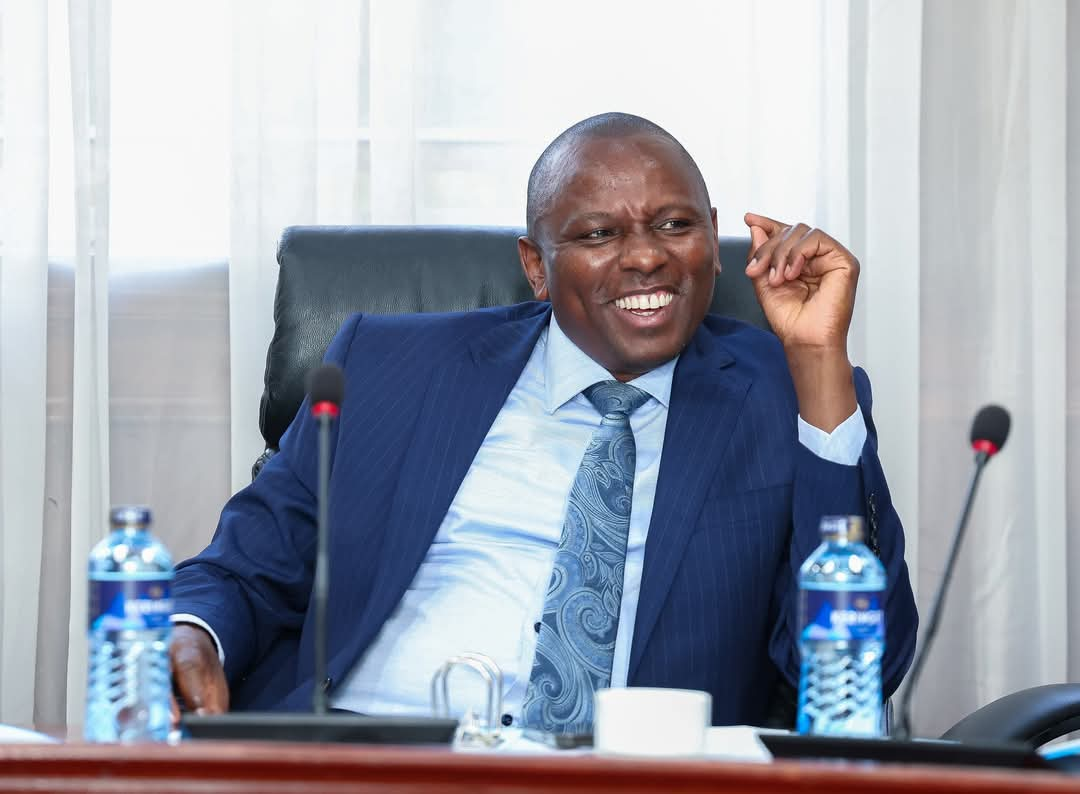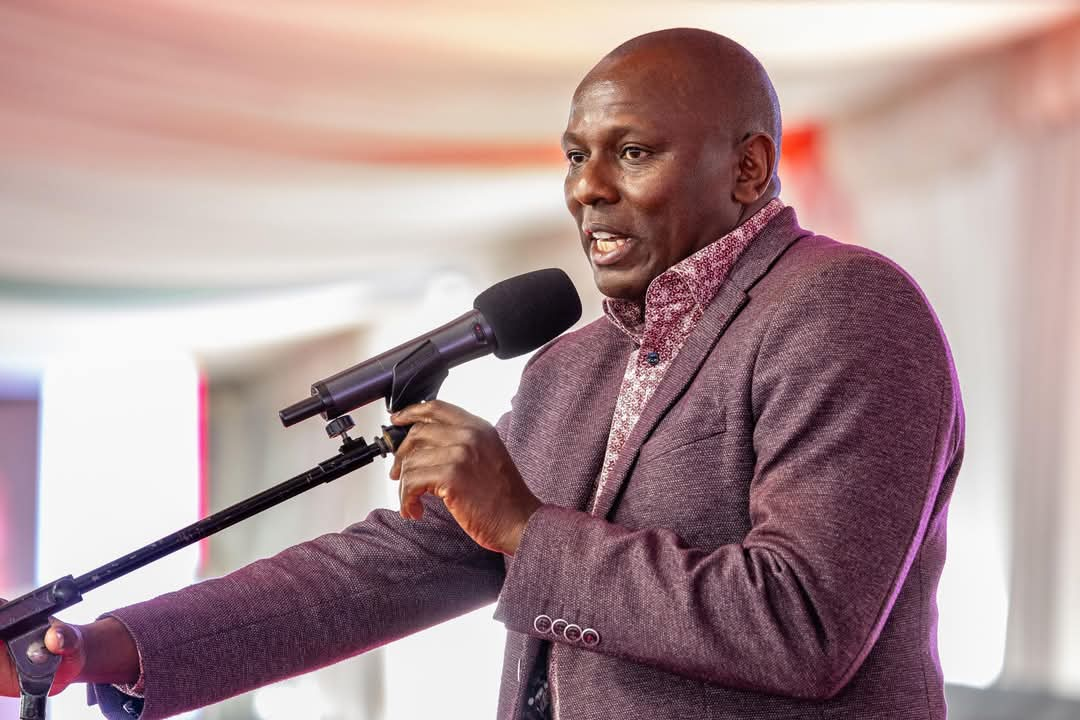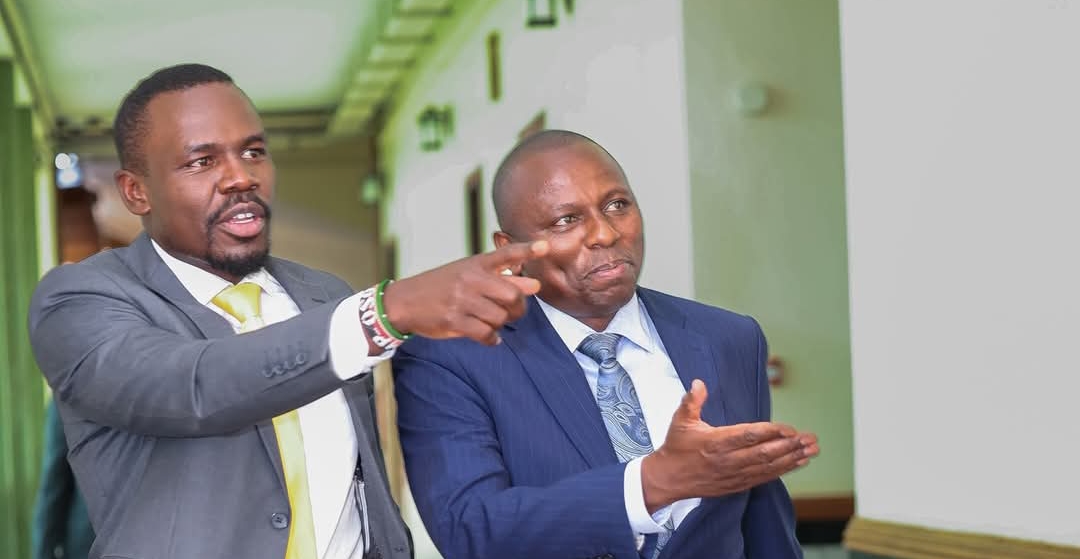Kikuyu MP Kimani Ichung’wah has commended Raila Odinga for his decision to withdraw from the African Union Commission (AUC) chairperson race.
Speaking in Parliament on February 18, Ichung’wah noted that Raila, who initially led in the first two voting rounds, had the option to continue but chose to step down in the spirit of Pan-Africanism.
According to Ichung’wah, Raila’s withdrawal prevented the AU from suspending the election and initiating another round of intense campaigning.

Kikuyu MP Kimani Ichung’wah gestures during a past event. Photo: Kimani Ichung’wah Source: Facebook
This allowed Djibouti’s candidate, Mohamoud Youssouf, to win in the seventh round with 33 votes. Raila had secured 22 votes in the final round he contested, while Youssouf had 26.
Ichung’wah highlighted that Raila’s decision was significant, as it avoided a prolonged electoral process that could have led to the suspension of the elections.
He recalled the 2012 stalemate between South Africa’s Nkosazana Dlamini-Zuma and Gabon’s Jean Ping, which took six months to resolve.
Had Raila continued in the race and no candidate secured the required two-thirds majority, the AU would have postponed the elections. In that case, the Deputy Chairperson of the Commission would have taken over on an interim basis until fresh elections were conducted.

National Assembly Majority Leader Kimani Ichung’wah Photo: Kimani Ichung’wah Source: Facebook
By stepping aside, Raila paved the way for Youssouf to become the seventh AUC chairperson since the organization’s establishment in 2002. Youssouf will serve a four-year term, with the possibility of re-election for a second term.
Raila had campaigned across Africa with backing from President William Ruto. Before the elections, his campaign team claimed support from at least 21 countries.
Despite his strong start in the voting process, Raila ultimately decided to bow out, a move Ichung’wah described as a demonstration of statesmanship and dedication to African unity.



